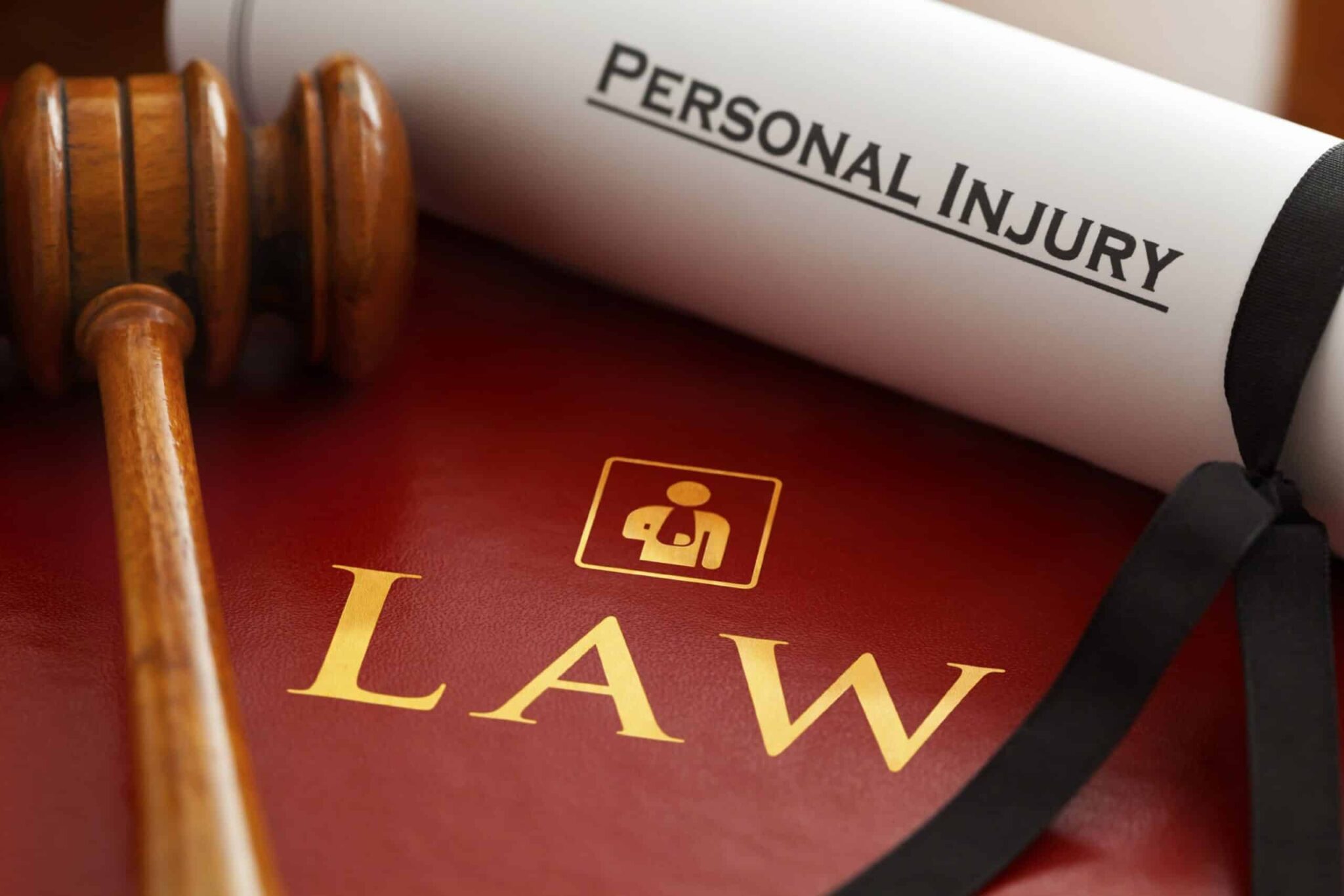Personal injury cases in Florida are often complicated and can be challenging to navigate, particularly when a defendant attempts to claim contributory negligence on the part of the plaintiff. Contributory negligence is a legal defense that suggests that the plaintiff’s actions contributed to their injury or damages, and therefore they should be held partially responsible for their losses. Defending against claims of contributory negligence in Florida personal injury cases requires a thorough understanding of the law and a strategic approach to building a strong case. In this blog post, we’ll discuss some strategies for defending against claims of contributory negligence in Florida personal injury cases.
Understanding the Doctrine of Comparative Negligence
In Florida, the doctrine of comparative negligence is used to determine the allocation of fault in personal injury cases. Comparative negligence is a legal principle that allows the plaintiff’s damages to be reduced proportionally to their level of fault. This means that if the plaintiff is found to be partially responsible for their injuries, their compensation will be reduced by that percentage. However, if the plaintiff is found to be more than 50% responsible for their injuries, they will not be entitled to compensation.
Gathering Evidence to Support Your Case
When defending against claims of contributory negligence, it’s essential to gather evidence to support your case. This evidence may include eyewitness testimony, expert testimony, photographs or video footage of the accident scene, medical records, and police reports. It’s important to gather as much evidence as possible to help demonstrate that the plaintiff was not at fault or minimally at fault for the accident.
Building a Strong Legal Strategy
Once you’ve gathered the evidence, it’s important to build a strong legal strategy to defend against claims of contributory negligence. This may involve presenting evidence that the defendant was entirely or primarily responsible for the accident, arguing that the plaintiff’s actions did not contribute to their injuries, or arguing that the plaintiff’s actions were reasonable under the circumstances. Your legal strategy should be tailored to the case’s specific facts and designed to maximize your chances of success.
Working with Expert Witnesses
Expert witnesses can be a valuable asset when defending against claims of contributory negligence in personal injury cases. These witnesses can provide testimony on the cause of the accident, the severity of the injuries, and the plaintiff’s actions leading up to the accident. Expert witnesses may include accident reconstruction specialists, medical experts, and forensic experts. Working with expert witnesses can help strengthen your case and provide additional evidence to support your legal strategy.
Negotiating with the Plaintiff
In some cases, it may be possible to negotiate a settlement with the plaintiff that considers their level of fault. This can be a useful strategy in cases where the plaintiff’s level of fault is clear, and both parties want to avoid a lengthy and costly trial. However, it’s important to approach settlement negotiations carefully and ensure that any settlement agreement adequately protects your interests.
Defending against claims of contributory negligence in Florida personal injury cases requires a thorough understanding of the law, a strategic approach to building a strong case, and effective communication with expert witnesses and other parties involved. By gathering evidence, building a strong legal strategy, working with expert witnesses, and negotiating with the plaintiff when appropriate, you can maximize your chances of success and achieve the best possible outcome for your client. If you’re facing a personal injury case that involves claims of contributory negligence, it’s essential to work with an experienced personal injury attorney who can help guide you through the process and protect your interests.
About the Author:
 Navigating Comparative Fault in a Florida Personal Injury Case
Navigating Comparative Fault in a Florida Personal Injury Case 

















